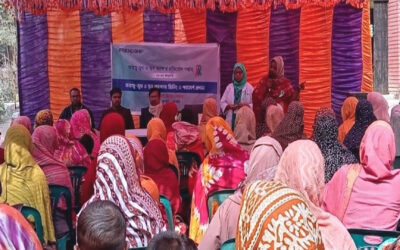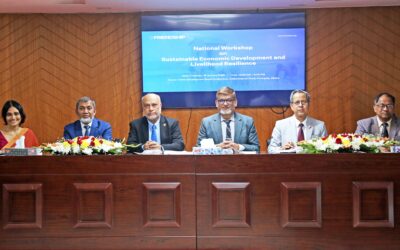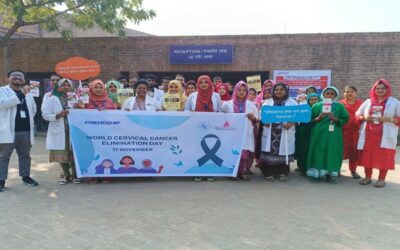A message from Friendship’s founder and executive director, Runa Khan
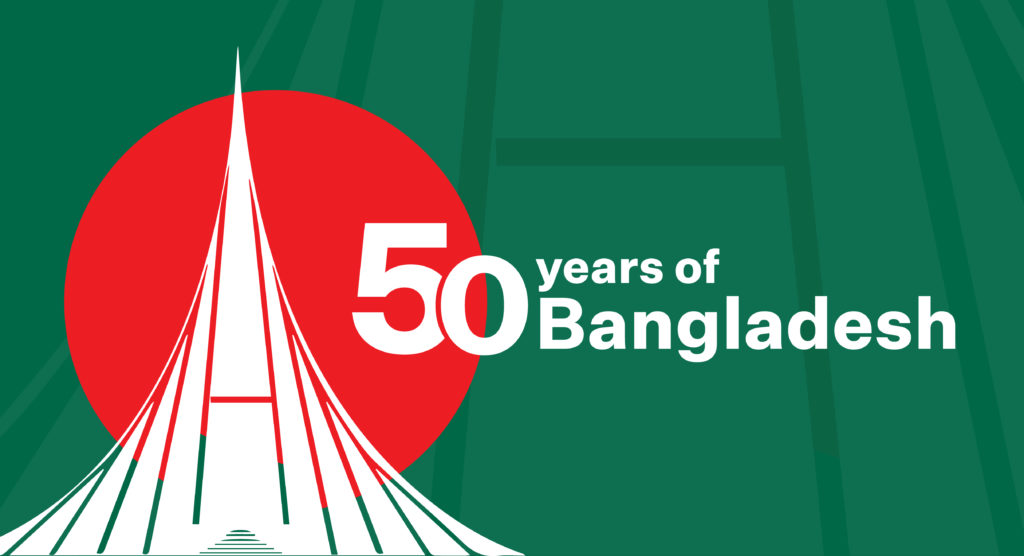
On this day, exactly 50 years since we claimed our independence as a sovereign nation, I am proud to be Bangladeshi. I am proud of the struggles we have overcome, the bounty and beauty of our land, and I am proud of our heritage. At this moment, when I stand on this soil, of a country that enters its 50th year, it carries with it, thousands of years of history, from ancient Bengal to the shaping of our state in the modern, post-colonial world.
I am proud that this country, against all odds, has picked itself from years of oppressive rule to establish a peaceful and functional sovereign state. A country that has given security to millions who were previously beaten down repeatedly by natural disasters and mired in unimaginable poverty. A country that has shown incredible courage and resilience in the face of disasters and catastrophe year after year after year. A country that accommodated the victims of the most drastic forced migration of our times. A country that has one of the highest rates of economic growth in the world.
Yes, it is also a country where millions are left behind, deprived of any part of the economic progress. And many live without opportunity and without access to vital services. It is a country which has its share of problems, and one where a lot is left to be done. But it also makes me proud to be at the forefront, working with the most unaddressed and climate-impacted communities in the river islands the coastal belt, in the wetlands and with the refugees. In our 50-year journey to build a country of hope and opportunity for all of its citizens, I am proud that we have played a humble part.
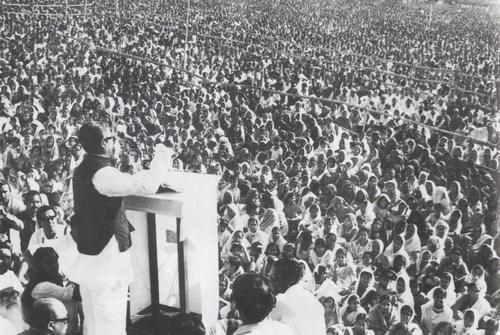
Bangladesh has defeated incredible odds. This country has struggled and given the blood of hundreds of thousands of men and women to win its independence, led by Sheikh Mujibur Rahman’s vision of dignity and identity for our nation. Rather than religion, our struggle had language freedom at its core, rather than religion or politics. And this victory of the right to keep our linguistic identity has inspired International Mother Language Day on February 21.
The problems we face today—poverty, lack of access to vital services, inequality, and the climate crisis—are problems that the whole world is trying to grapple with. And we will, God willing, find a way to overcome these problems also.
Providence has given us a beautiful country in a land of rivers and unending natural bounty. Our lush fields and abundant sunlight. History has also given us exemplary leadership, such as that of the Father of the Nation, Sheikh Mujibur Rahman, whom we are grateful for. It is our duty and, indeed, our privilege to stand proudly independent and strong, and strive towards a Bangladesh with equal opportunity, dignity and hope for all.
way to independence
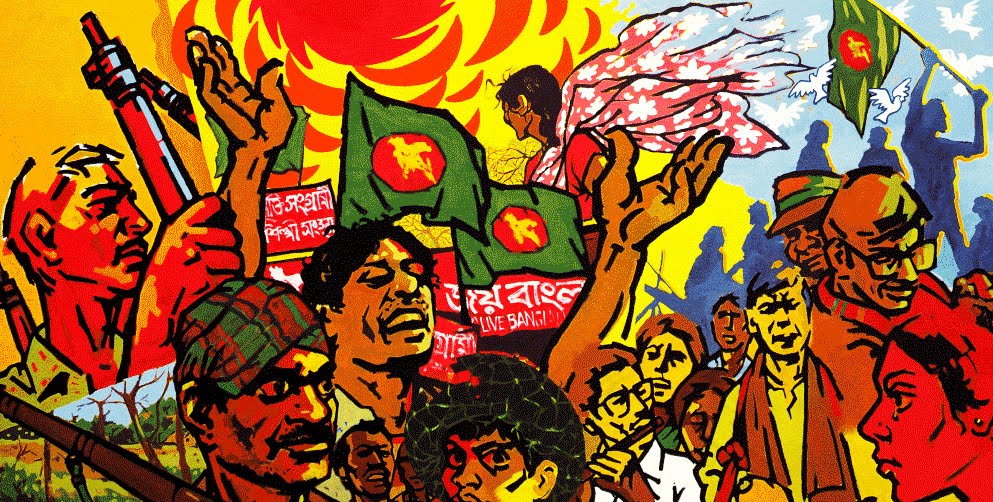
1947: Partition. On August 15, 1947, the British Raj officially leave the Indian Subcontinent, splitting it into India, West Pakistan and East Pakistan—which is governed from the West. Tensions rise soon after with the faulty administration, unfair disbursement of resources and poor management of national, environmental and socioeconomic crises by West Pakistan.
1952: Language Movement. Following a declaration that Urdu should the state language in the Bangali majority East Pakistan, the students of Dhaka University arrange a protest for the right to speak their mother tongue on February 21, 1952. The protests end in a massacre. It is commemorated as a national holiday, later declared the International Mother Language Day by UNESCO.
1970: Civil Disobedience. East Pakistan’s Awami League (AL), led by Sheikh Mujibur Rahman wins a landslide victory in the 1970 elections. However, AL’s win and six-point proposal is vehemently opposed in West Pakistan. The AL encourages civil disobedience in protest, which escalates tensions.
March 25, 1971: Operation Searchlight. The West Pakistani government seeks to quash opposition, eliminate nationalists, intelligentsia, armed personnel, religious minorities, arrest senior AL senior officials and enforce a curfew. On March 25, 1971 the military rolls out tanks, artillery and infantry killing scores of civilians, students, law enforcement and military.
March 26, 1971: The Independence of Bangladesh is declared over radio the next day, March 26. A bloody, violent war ensues in the newly formed sovereign nation. The Declaration of Independence is ratified on April 10, and victory is achieved on December 16 after a fearless struggle by the people of Bangladesh, united under the leadership of Bangabandhu Sheikh Mujibur Rahman.

